If you’ve been a regular reader for some time now, you know that I’m a big fan of using plants and herbs in my quest to keep my body healthy, so I’ve begun to look into the benefits of Moringa.
And I don’t think there is one area of our world where there are not plants that can be used for healing. Well…maybe there are, but they are few and far between!
So a few months ago, my friend Jessica (who is also a big fan of herbs and plants and natural healing) had me try some products that are cultivated from the Moringa tree.
Moringa oleifera (synonym: Moringa pterygosperma) is the most widely cultivated species of the genus Moringa, which is the only genus in the family Moringaceae. English common names include moringa, and drumstick tree, from the appearance of the long, slender, triangular seed pods, horseradish tree, from the taste of the roots which resembles horseradish, or ben oil tree, from the oil derived from the seeds. The tree itself is rather slender, with drooping branches that grow to approximately 10m in height. In cultivation, it is often cut back annually to 1–2 meters and allowed to regrow so the pods and leaves remain within arm’s reach.
In developing countries, moringa has potential to improve nutrition, boost food security, foster rural development, and support sustainable landcare. It may be used as forage for livestock, a micronutrient liquid, a natural anthelmintic and possible adjuvant. – wikepedia
This tree has been traditionally used in many countries for ailments like anemia, anxiety, asthma, blackheads, blood impurities, bronchitis, catarrh, chest congestion, cholera,conjunctivitis, cough, diarrhea, eye & ear infections, fever, glandular swelling, headaches, abnormal blood pressure, hysteria, pain in joints, pimples, psoriasis, respiratory disorders, scurvy, semen deficiency, sore throat, sprain, and tuberculosis. (source)

photo credit – vmoo via canva.com
I’ve done just a bit of reading about this tree, and so far I like what I see. Because while we all seem to have foods in our local areas that can provide us with good health, I also love the use of superfoods for health and healing. And so I place moringa in the same group as plants like maca.
It seems to be high in nutrients, many of which we are lacking, either due to poor diet or the need to heal our bodies because we are not absorbing nutrients properly. From what I can find out it seems to have seven times the vitamin C found in oranges, four times the calcium in milk, four times the vitamin A in carrots (beta-carotene, not retinol) three times the iron in spinach, three times the vitamin E of almonds, three times the potassium in bananas, and two times the protein in milk.
My personal belief is that when our bodies need some extra help, giving them large amounts of nutrients, in the form of whole foods, can be a very positive thing.
Also? It has antioxidants up the wazoo, with over 40 anti-oxidants found within the plant. And we all hear from both conventional and alternative doctors how important antioxidants are for reducing our risk of cancer and slowing aging as well as important for proper egg and sperm health.
I remember my friend Jessica from Simply Healthy Home mentioning it a few times , and telling me how she signed up with Zija so that she could both purchase and sell it, (yes, Zija is a multi-level marketing company) but I was in the midst of research myself. So she finally just dropped off a sample pack for me to try out.
(We’re practically neighbors, and she’s one of my great local friends that I can talk to where I don’t feel like an alien when I mention kombucha, kefir, tinctures, and the like. She also gets plenty of messages from me asking for herbal advice…)
And lo and behold, I liked it.
Since I can’t tell you what, if any, impact it made on my physically (I’m sure some government entity would have and issue with that), what I can tell you is that I loved the ease of the Zija Smart Mix packets. It was as simple as opening a small powder packet and mixing it with some water each morning. The taste was pleasant as well, in fact it was much better than some of the teas I make myself drink!
I also like how Zija uses multiple parts of the tree instead of just the leaves, or just the roots. Many times, this helps the medicinal properties of the plant to work better within our bodies. (kind of like how elderberry syrup/tincture works even better when you also use the elder flowers)
I liked it so much I put in an order for Todd. Because let’s be honest, sometimes our husbands don’t quite eat as well as we do! And if all he has to do is pour something into his water bottle at work, I know he’ll be much more apt to take it.
Jessica has a Facbook page, Simply Healthy, where you can send her a message and ask her questions about any of the Zija supplements/products, or find out about other avenues for natural healing from the links to articles she posts. (She is currently working on healing from Hashimoto’s and I love the info I find from following her! It’s like she’s a research queen or something.)
I’m really glad I found out about moringa, it just adds another tool in my herbal/natural toolbox. Since this post was originally published I’ve also found multiple other sources for it and like to add it to my smoothies every now and again.
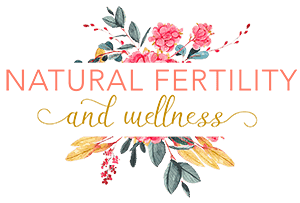
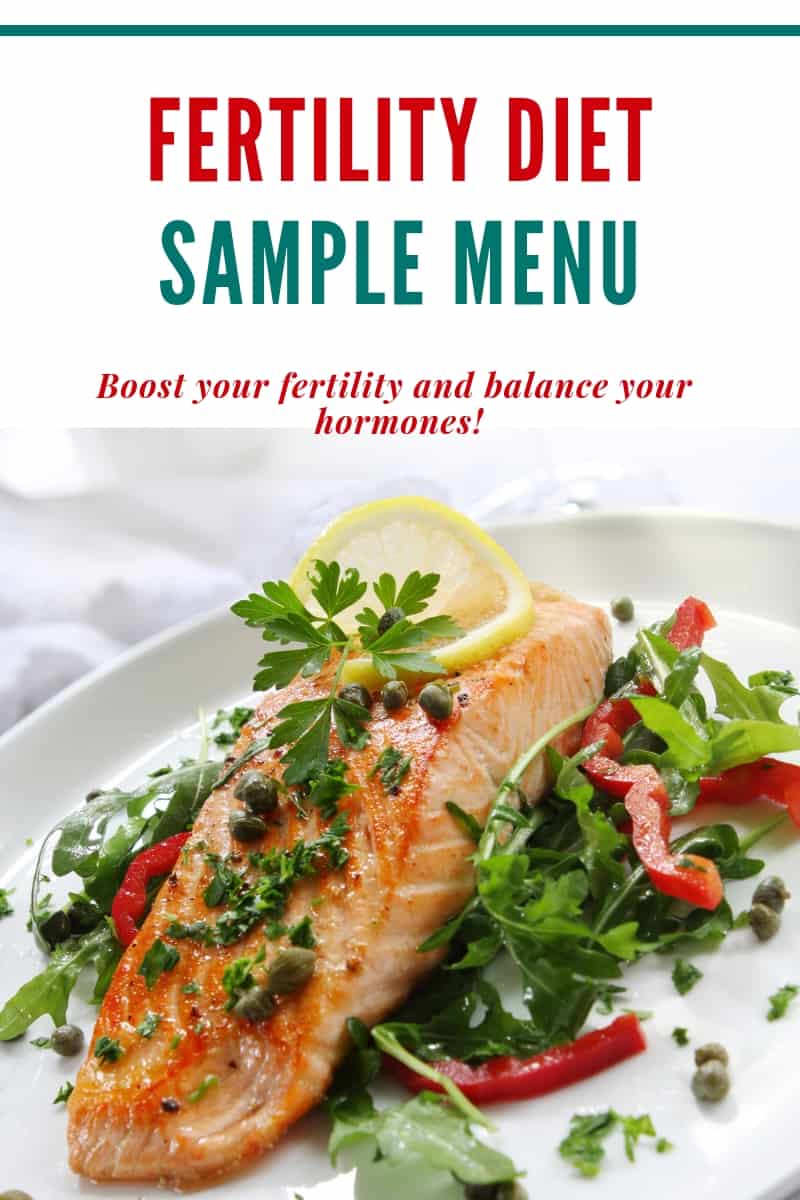


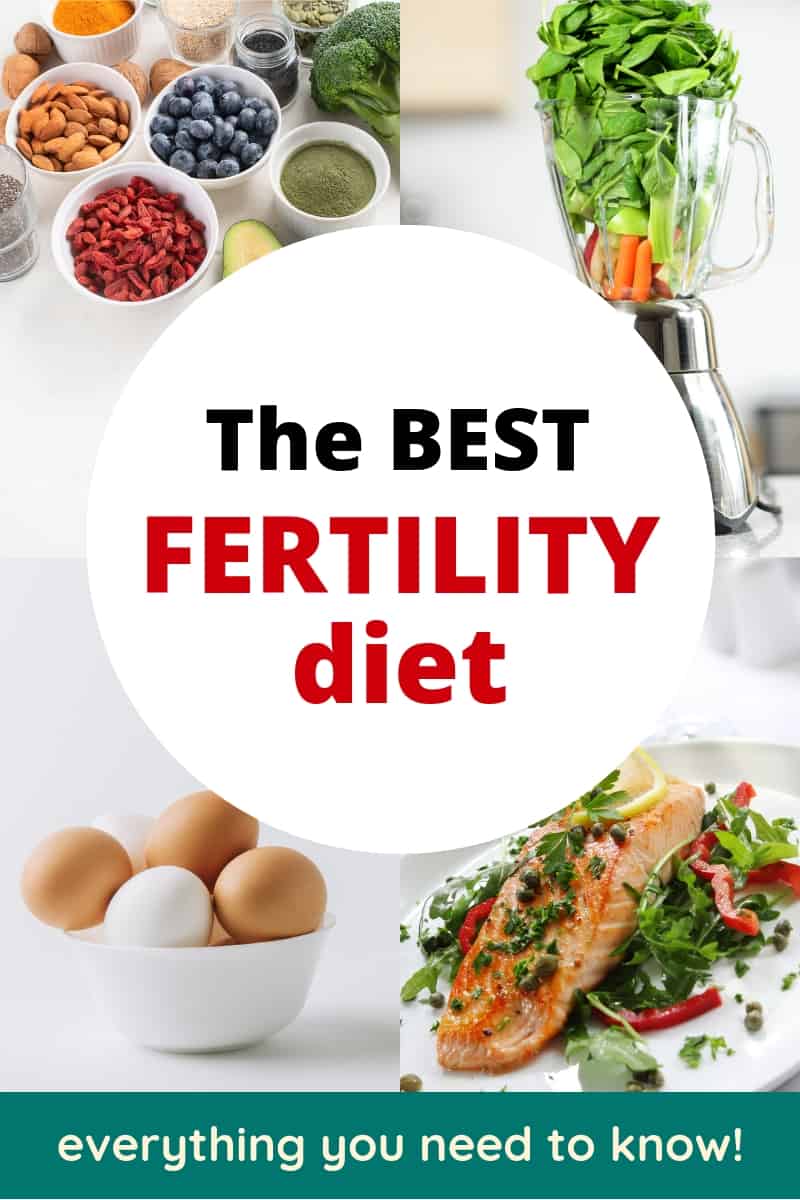
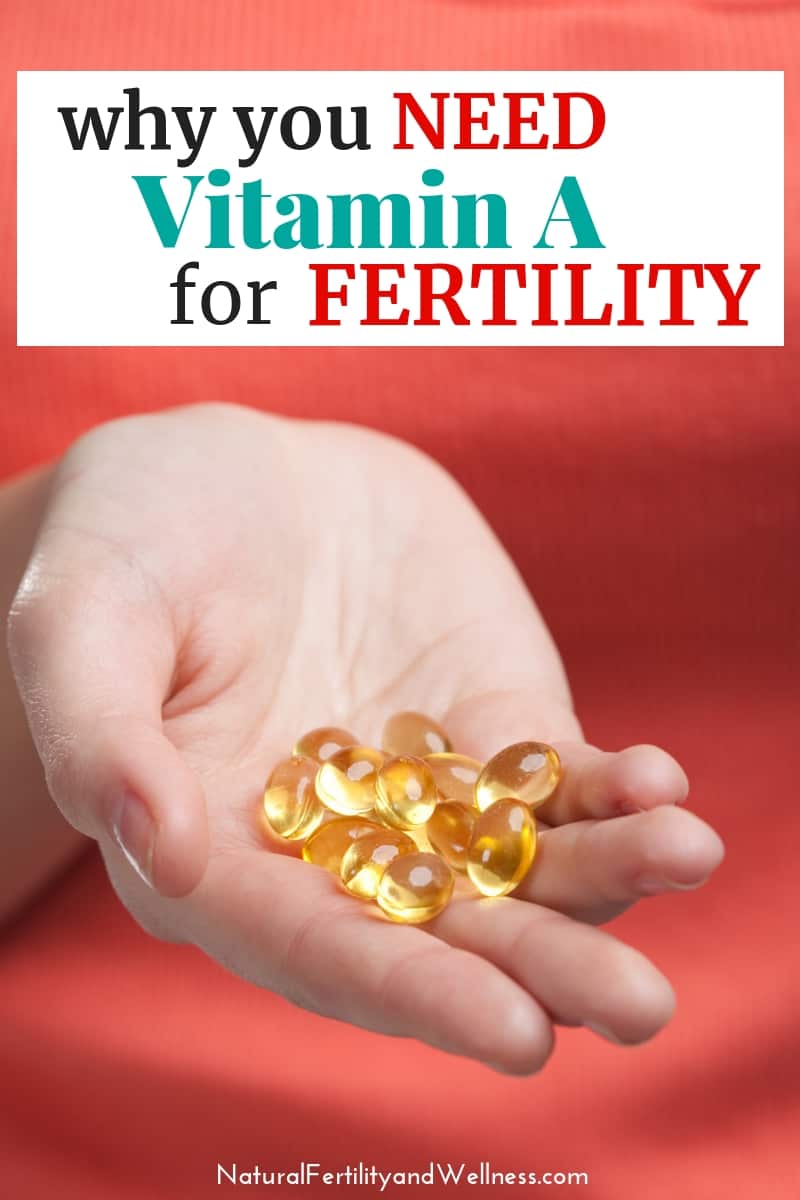
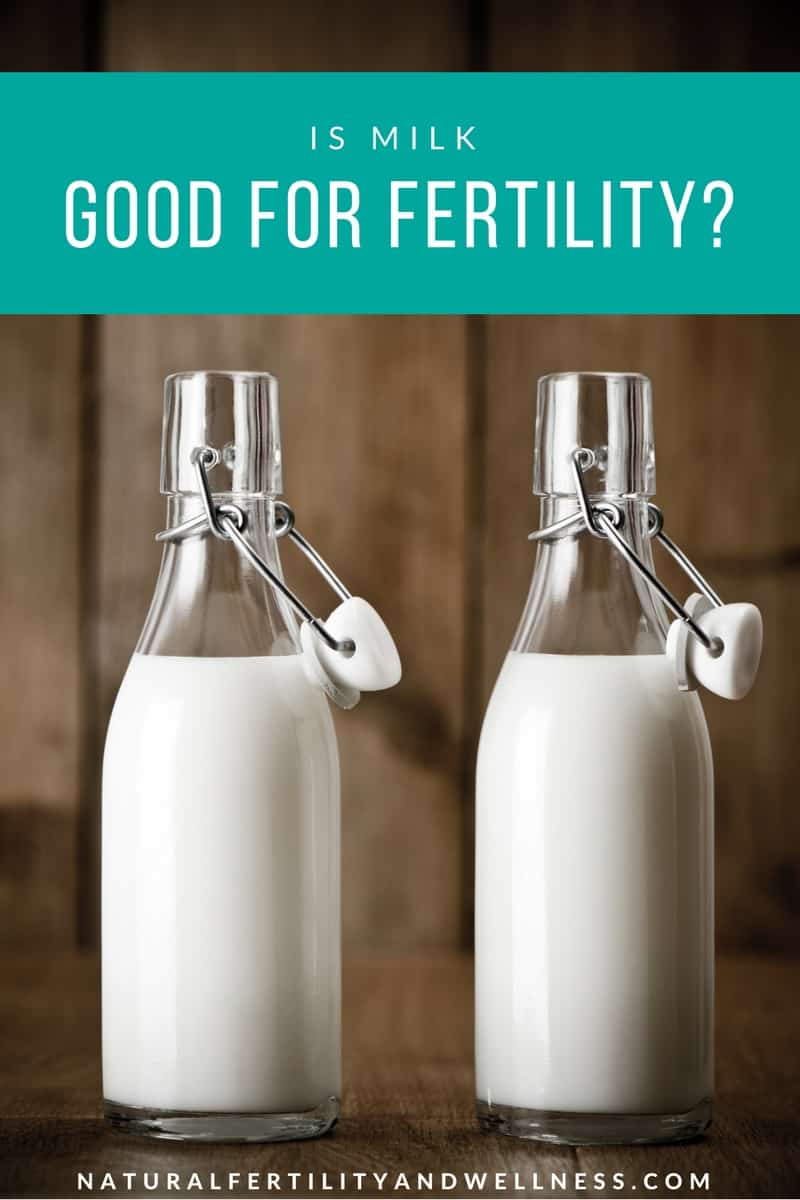
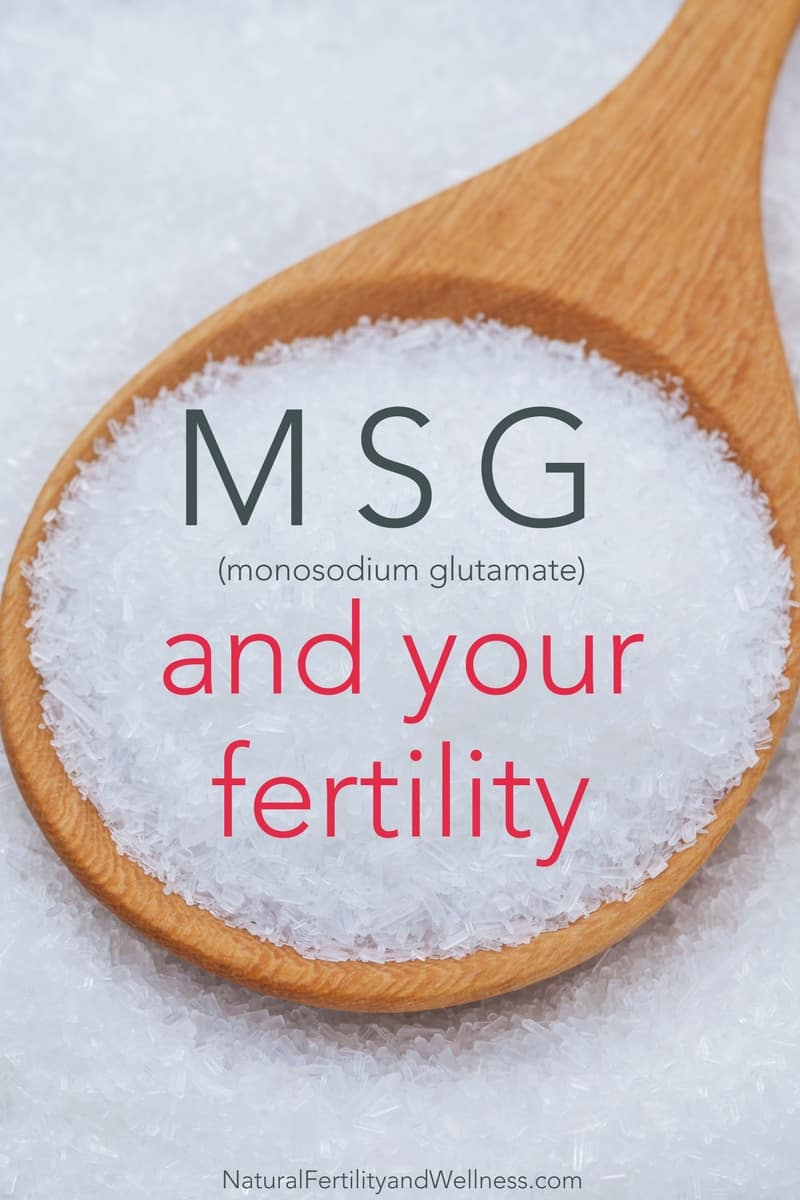
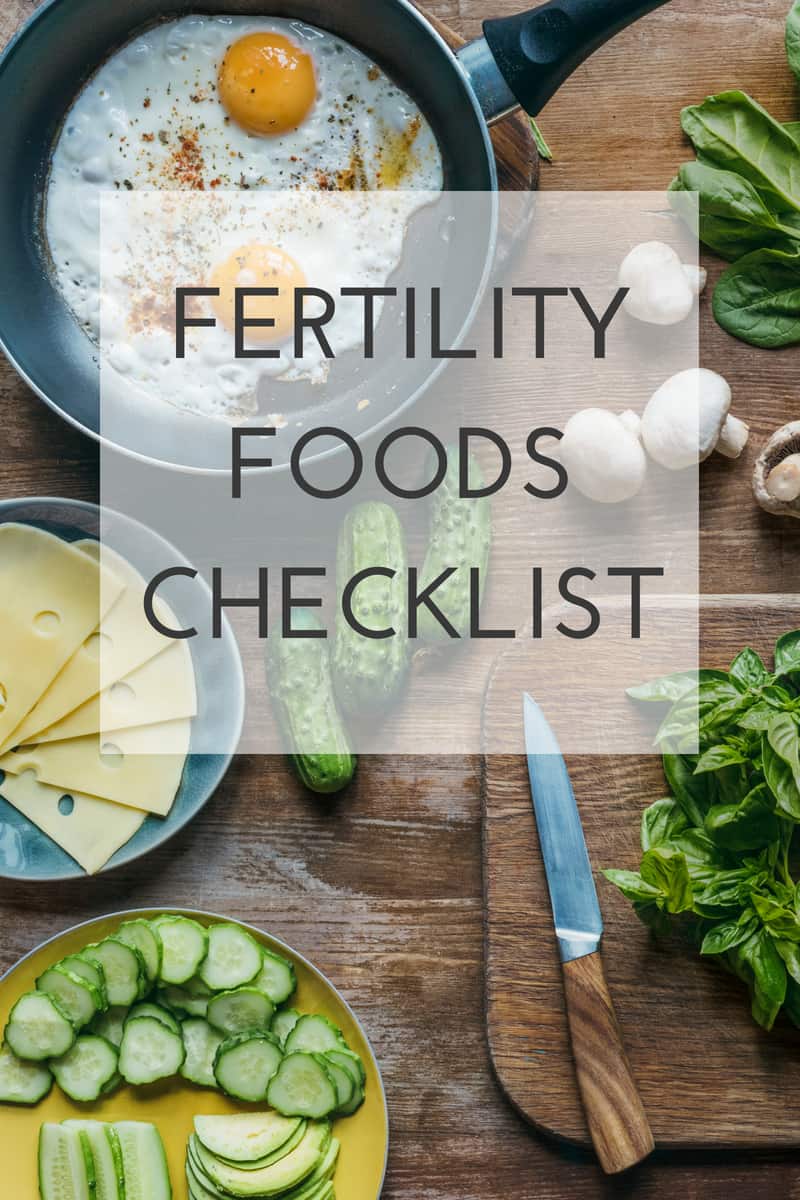




 A simple form of exercise to reduce pain from Endometriosis
A simple form of exercise to reduce pain from Endometriosis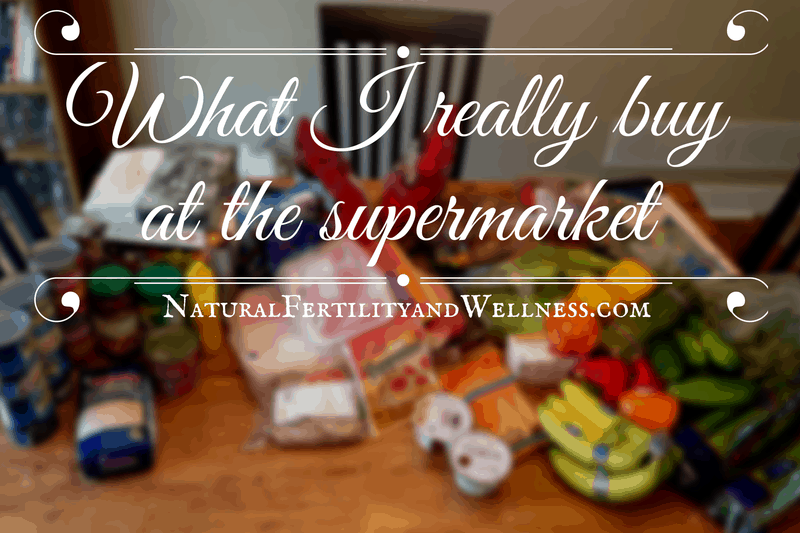
can morning a help in conceiving?
As with any supplement, it may help some women but not others. I have heard from others that it was helpful, along with diet and lifestyle changes, to help their hormones balance out, but it’s most likely because moringa had the nutrients their bodies needed.
Can moringa help with infertility, as I am TTC, as it does have many vitamins but so do prenatal pills so why is moringa different or more beneficial? Is this recommended by OBGYN?
As with any supplement, it depends on the person who is taking it. If a person needs the nutrients that are supplied in Moringa, then it may help bring healing. Some people may not experience that. It differs from prenatal vitamins in the fact that it is a whole food taken without added vitamins and minerals. And natural ingredients like this are often times better absorbed and utilized in the body than regular multi-vitamins. Especially conventional prenatals that contain synthetic nutrients.
Personally, I wouldn’t take it in place of a quality whole foods prenatal, but only in addition to it.
And an OB/GYN has probably never heard of Moringa. 🙂